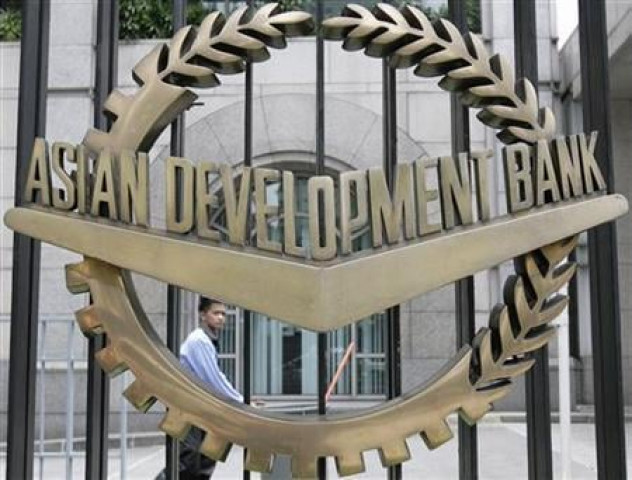ADP launches coastal resilience project
As much as Rs20b set aside for the project

The Asian Development Bank has planned to launch the Sindh Coastal Resilience project to protect the communities affected by sea intrusion. A delegation of the bank, which met the officials of the Sindh Irrigation and Drainage Authority (SIDA) at the latter's secretariat in Hyderabad on Wednesday, said that a sum of $125 million, or more than Rs20 billion, will be earmarked for the project.
The local people as well as the provincial government hold the Centre responsible for the intruding sea because the required quantum of water from the Indus river is not released towards the sea downstream of Kotri barrage in Jamshoro district. The coastal parts of Badin, Thatta and Sujawal districts are the most affected.
The bank's proposed project features lining of the irrigation network in the tail-end areas, construction of infrastructure like hydraulic barriers, escape and side weirs and monitoring the flows of the Left Bank Outfall Drain (LBOD). "Useful [agricultural] production can be achieved from salt-affected wasteland without reclamation," reads one of the outlines of the proposal intending to promote bio-saline agriculture in the coastal belt.
The approach will include re-vegetation of land using salt-tolerant crops, trees, grasses and bushes. "The existing lakes have been converted into sea water lakes and wetland birds, plants and fish have largely disappeared and the livelihood opportunities for the local people have been reduced."
Read More: Rodgers delighted with Leicester's resilience in Wolves win
The bank suggested construction of embankments over the lakes and plantation of mangroves to prevent the invasion of sea water. It has been hoped that the monsoon rains can help recharge the lakes and restore the natural habitat. The bank also put forward the plan of making use of LBOD's saline water for the forestation, noting that the deforestation in Sindh has been degrading the ecosystem.
SIDA's General Manager Ghulam Mustafa Ujjan acknowledged that sea intrusion has left the dwellers of the coastal areas coveting the supply of fresh drinking water. He said the irrigation system in those areas required reinforcement in order to plug the leakages so that more people can avail the fresh water.
Another official of SIDA, Jai Ram Bhatia, said the natural lakes affected by the sea should be supplied fresh water from the irrigation network.
"Forests should be planted on the coastal front from saline water of LBOB to help prevent the adverse impacts of cyclones," he suggested. The ADB's delegation was led by its official Asad Zafar.
Published in The Express Tribune, October 21st, 2021.



















COMMENTS
Comments are moderated and generally will be posted if they are on-topic and not abusive.
For more information, please see our Comments FAQ